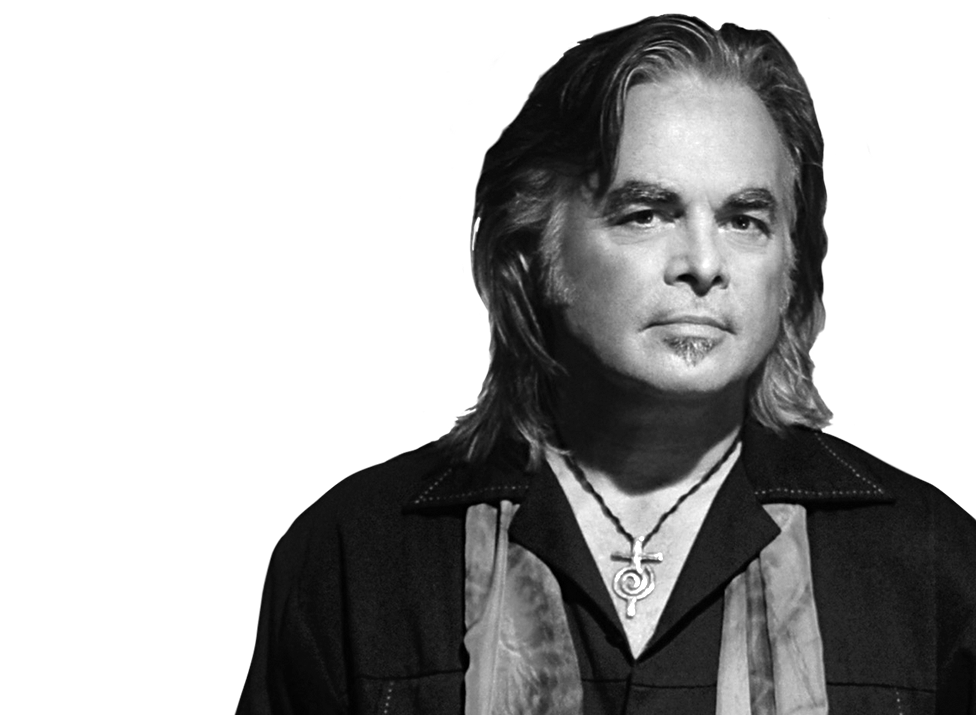Country Musings: Hal Ketchum
Thoughts on random country artists that just happen to be on my mind at any particular moment. Today, remembering a '90s country hitmaker who stood out in a format of soundalikes.
Small Town Radio and Saturday Nights
Early in 1991, I was a few months shy of becoming a Program Director for the country station where I worked. By then, I’d been in radio for about five years and had witnessed the “New Traditionalist” movement of the mid-to-late 1980s. Yet the excitement of artists such as The Judds, Foster and Lloyd, Dwight Yoakam, Steve Earle, kd lang, and Lyle Lovett had given way to the reliable blandness of Brooks & Dunn, Alan Jackson, Clint Black, and, yes, Garth Brooks.
Then a single on Curb—a label I usually dismissed for the way they seemed to always mishandle their veteran acts (see: Merle Haggard)—came in the mail (that’s the way we got ‘em back then, kids) called “Small Town Saturday Night” by a guy named Hal Ketchum. The song was nothing special—the first two verses set up a possible premise that the third verse fell short of delivering—but it stood out from the pack for its heartland-rock/“Guitar Town”-inspired style and delivery. It was pleasant enough.
(Far be it for me to criticize the great Hank DeVito and Pat Alger, but between the third verse and chorus, I always imagined a breakdown where Bobby dies by either crashing into a light pole—and Lucy crawling from the wreckage—or getting shot by Lucy’s ex or something, but that would’ve been way too dark for ‘90s country radio standards, I suppose.)
A few months later, the follow-up, “I Know Where Love Lives,” got my attention. Yes, it had heartfelt lyrics and a memorable melody, but it was mainly because of Ketchum’s delivery. His voice dripped pure soul, and he held the final note of the line, “Keep your mansions of gold,” for several measures, making it stand out even more. It’s a stunner.
In fact, the album from which both tracks came, Past the Point of Rescue, was an outlier in 1991. It was mature, sober, thoughtful, and dug far below the surface. Its songs—especially the driving, minor-key title track—hung in the air long after the album was done.
Past the Point of Rescue was co-produced by Jim Rooney and Alan Reynolds, who offered up the hit he wrote for the Vogues, 1965’s “5 o’clock World” to Hal, which hit the country top twenty. (Reynolds also produced all of Garth Brooks’s albums up to the Don Was-produced Chris Gaines fiasco.)
Ketchum’s follow-up, 1992’s Sure Love, didn’t fare as well as Rescue, but the quality of the material was just as high, especially the lead-off single.
Even the overused “Cherry Cherry”/“What I Like About You”/“Slow Turning” riff couldn’t dampen the follow-up single.
Though he had a couple of showings on the charts as the ‘90s dragged on (“Stay Forever” hit the top ten while his sublime cover of Todd Rundgren’s “I Saw the Light” hit just inside the country top forty), he ended up being relegated to “cult status” as the new millennium dawned. The quality of his voice and delivery, however, never wavered.
Unfortunately, not long after I Saw the Light, Hal was diagnosed with acute transverse myelitis, a neurological disorder that rendered the left side of his body useless, which made the release of his deeply soulful 1999 album, Awaiting Redemption, all the more poignant.
Ketchum eventually relearned to walk and play guitar but in 2019, it was announced that early-onset dementia had taken hold. He died on November 23, 2020, at his home in Fischer, TX. He was 67 years old.
Hal was one of those artists who was always solid, always dependable, and always delivered, but had fallen off my radar since the nineties. Whenever I’d hear his name, the songs above came back to me in a flood of fond memories. He was also a gifted painter and a master carpenter. He loved making toys for kids.
Hal Ketchum brought much joy to many people in many different ways over the years, and that’s as good a legacy as anyone could ever ask for.
A Hal Ketchum Mixtape
Apple Music users click here.




Hate to be picky, but he lived and died in Fischer, TX. Not Fletcher.
May be a minor thing but I know the little town was very proud of him.
I always appreciated Hal Ketchum, in part because he was an outlier, and I hated most of the mainstream country of that era. Still do. Really enjoyed this, as usual.